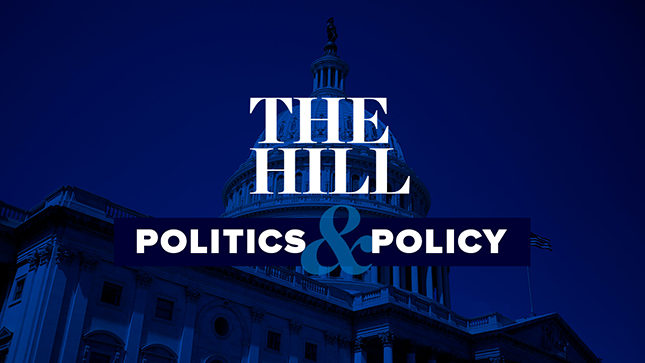Facebook recently revealed that a Russian firm had purchased political ads on the social media site beginning in the summer of 2015 mentioning Hillary Clinton and Donald Trump. This latest allegation of foreign interference with our elections inevitably will be used as fodder to support the newest iteration of the so-called “Disclose Act.” Over the summer, Sen. Sheldon Whitehouse (D-R.I.) introduced a tweaked version of this perennial bill to include features he claimed would “head off foreign election interference.” Upon closer inspection, the legislation turns out to be an exercise in distraction rather than disclosure. The bill’s foreign spending provisions are poorly disguised ploys for clamping down on public debate and dissent.
Foreign interference with our elections is already illegal. Under existing law, foreign nationals and foreign corporations are strictly prohibited from making political contributions and independent expenditures in connection with elections for federal, state, and local office. However, the Federal Election Commission (FEC) has properly recognized that millions of Americans have not surrendered their right to political speech simply because they work at foreign-owned corporations. Thus, domestic subsidiaries of foreign companies like Anheuser-Busch, Bayer Health and Honda Motor, which are integral parts of the national and local economies, are permitted to engage in certain political activities, so long as those activities are directed by American citizens.
The Disclose Act of 2017 introduced by Whitehouse would upend the existing law by categorically prohibiting any political activity by a corporation or subsidiary if more than 20 percent of its voting shares are foreign-owned. This percentage ownership limit is a smokescreen, however, as the bill also would much more severely prohibit any corporate political activity if a foreign national “has the power to direct, dictate, or control the [corporation’s] decisionmaking process.” Because the owner of even one share of a publicly traded corporation generally has such power through a shareholders meeting or a proxy vote, this provision likely would strip away the political speech rights of any public company with even one foreign shareholder.
In a vacuum, perhaps we could be accused of over-reading this extreme result into the bill. But FEC Commissioner Ellen Weintraub outlined this very same legal approach in a New York Times opinion last year as a way to counteract the Supreme Court’s 2010 Citizens United decision, which permitted certain corporate political activity. Thirty-seven of the 38 Senate sponsors and co-sponsors of the latest Disclose Act who were in the chamber in 2014 also voted to amend the Constitution to override Citizens United. While that effort failed, it now appears those Senators are trying to use a mere bill to accomplish the same result, a maneuver that is clearly unconstitutional.
Aside from its foreign national provisions, the latest Disclose Act also contains numerous purported disclosure requirements (hence its name). But those disclosure provisions are also ploys to shut down political speech. For example, the bill would require any corporation (even one that has no foreign owners at all) making a “campaign-related disbursement” to disclose all of its “beneficial owners,” a term which likely includes any shareholder. For a company with tens of thousands of shareholders, including many who own shares through mutual funds and are unknown to the corporation, complying with this requirement would be practically impossible, and thus political speech would be essentially prohibited.
Whitehouse’s latest Disclose Act also would expand the existing “electioneering communications” law to regulate ads that merely mention a congressional candidate or a member of Congress up for reelection beginning on the first day of an election year through Election Day. For presidential candidates, the regulated time period would begin even earlier. Notwithstanding the loaded terminology the law imposes, many of these ads are pure issue ads that seek to persuade elected officials on legislation like tax reform, the debt ceiling and immigration, all of which may very well remain on the congressional agenda come next January.
Under the Disclose Act, if groups like the AARP, Center for American Progress, Heritage Action or NumbersUSA run ads on these issues directed at members of Congress, they will have to file burdensome FEC reports and include lengthy disclaimers. These disclaimers eat up 25 percent to 40 percent of a 10-second to 15-second television ad, making such ads practically off-limits. The Disclose Act also includes a new requirement forcing sponsors of “electioneering communications” to declare whether their ads are “in support of or in opposition” to a named elected official, even if the ads are neither.
Foreign interference with our elections is a major breach of the American body politic, and alleged violations must be investigated seriously and punished severely. Whitehouse’s latest Disclose Act uses the issue opportunistically, however, to impose an array of new restrictions on our political speech rights that have nothing to do with foreign political activity.
This post originally ran in The Hill on September 22nd 2017.














